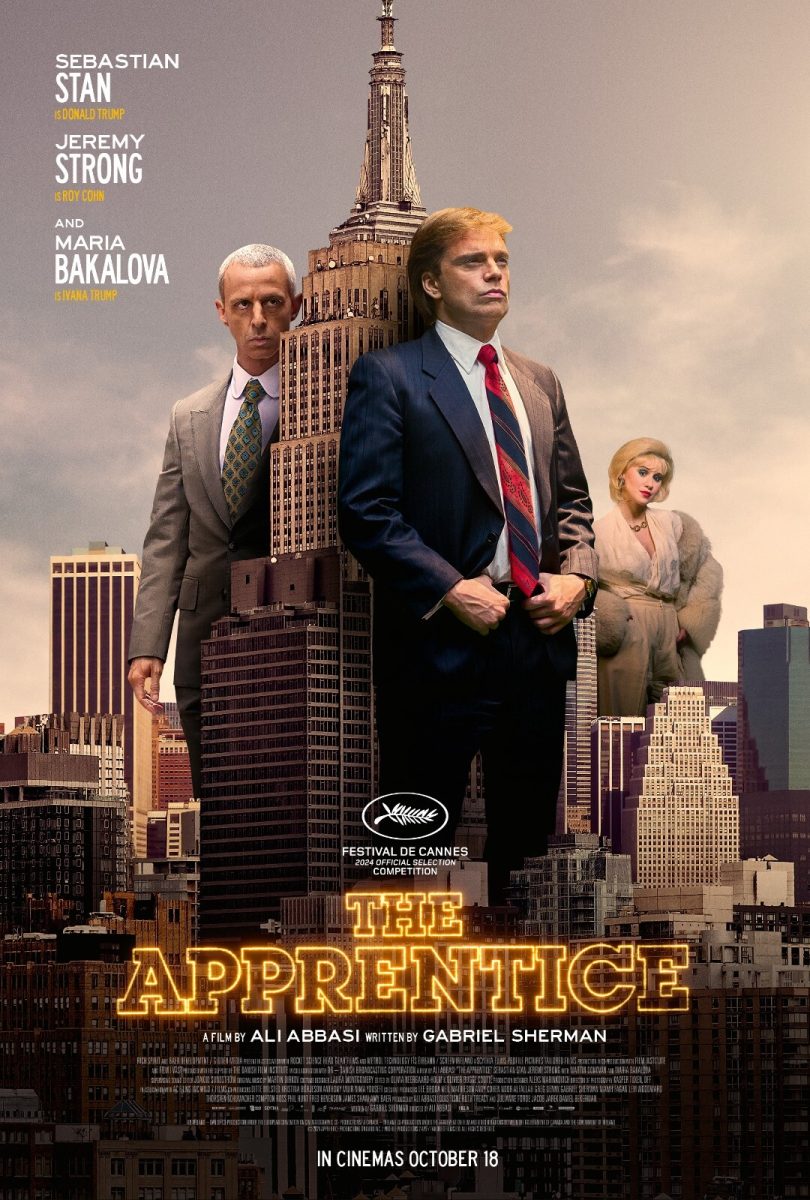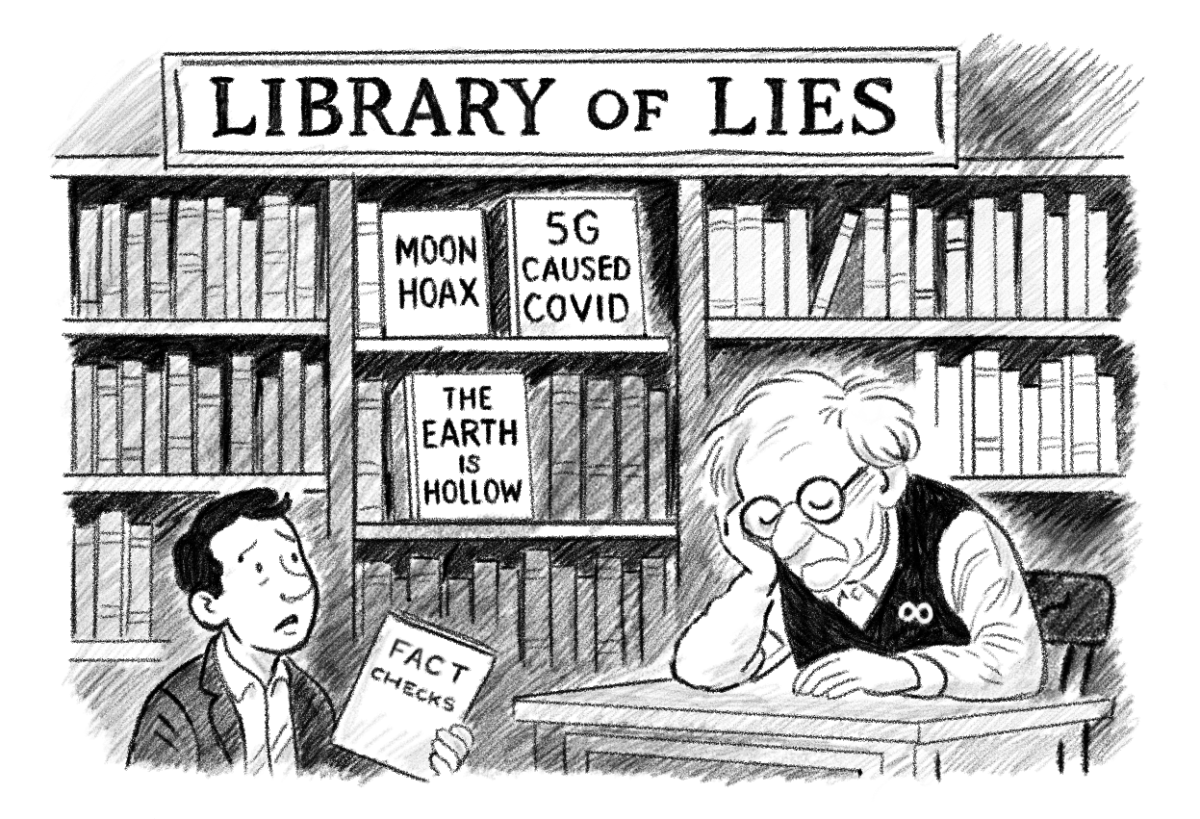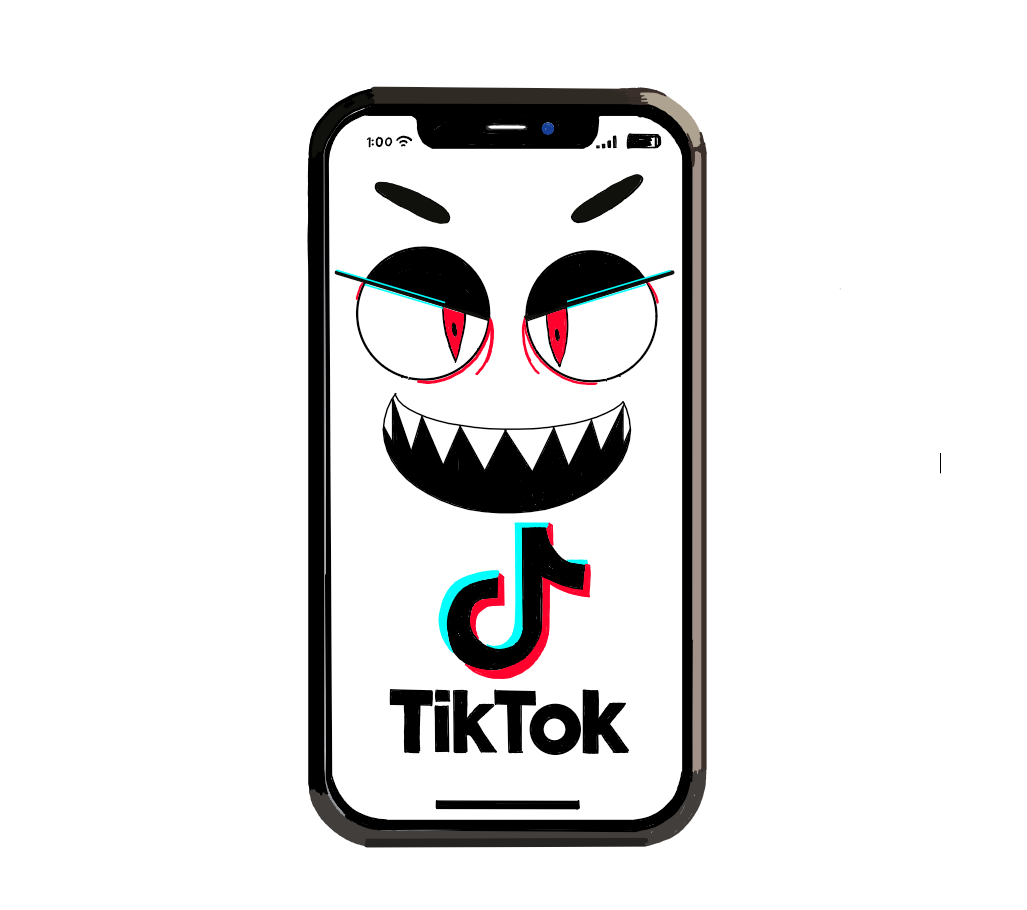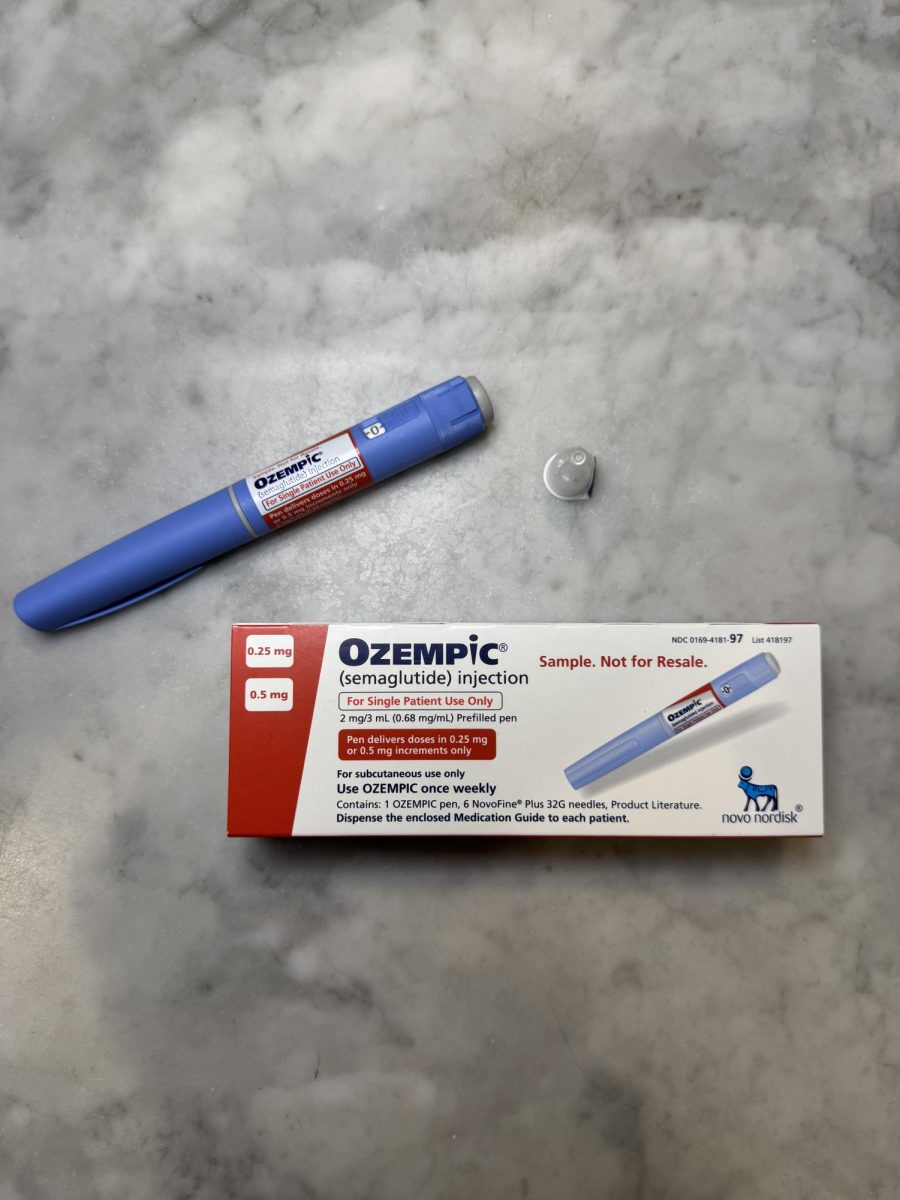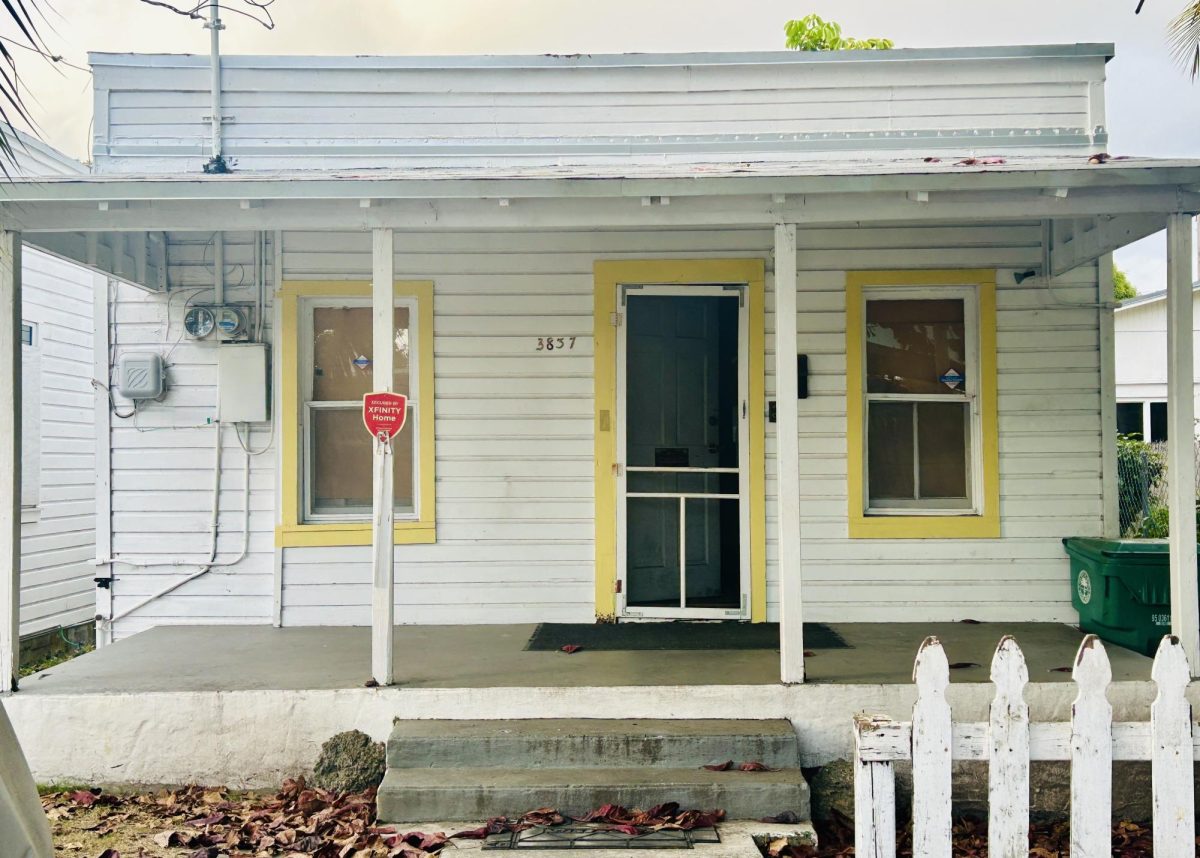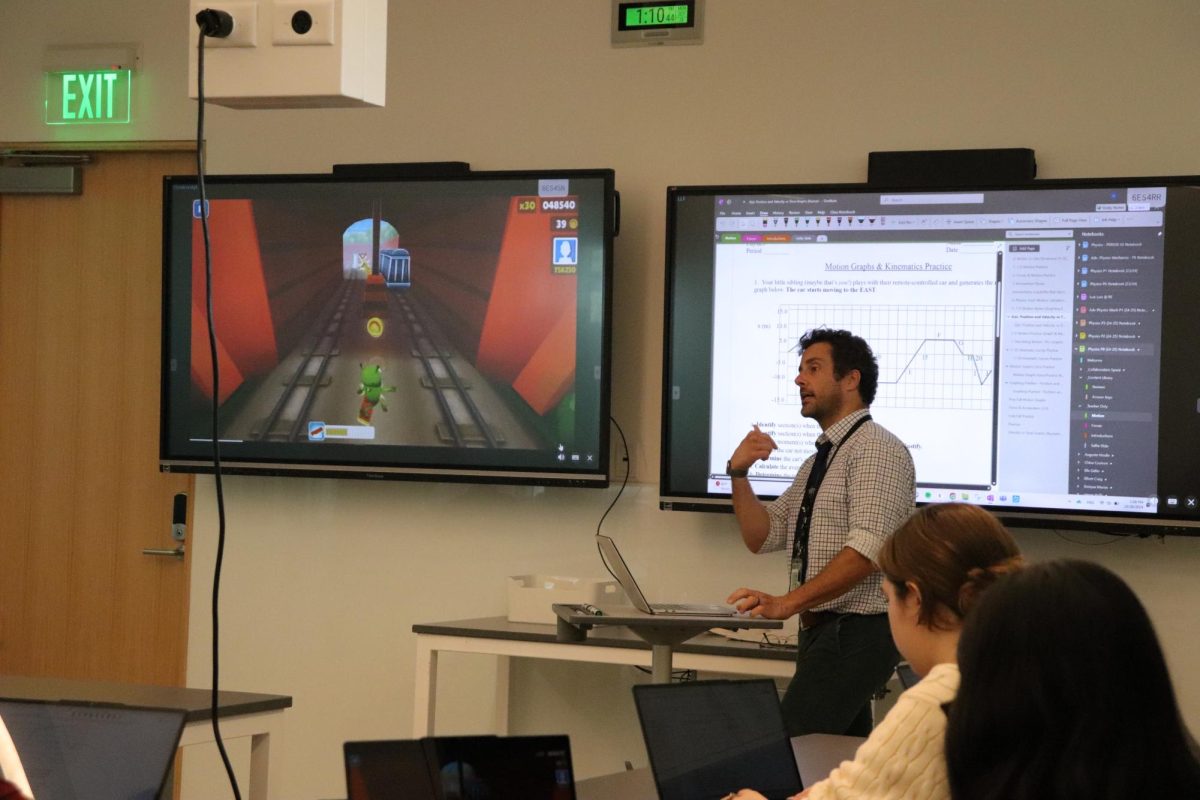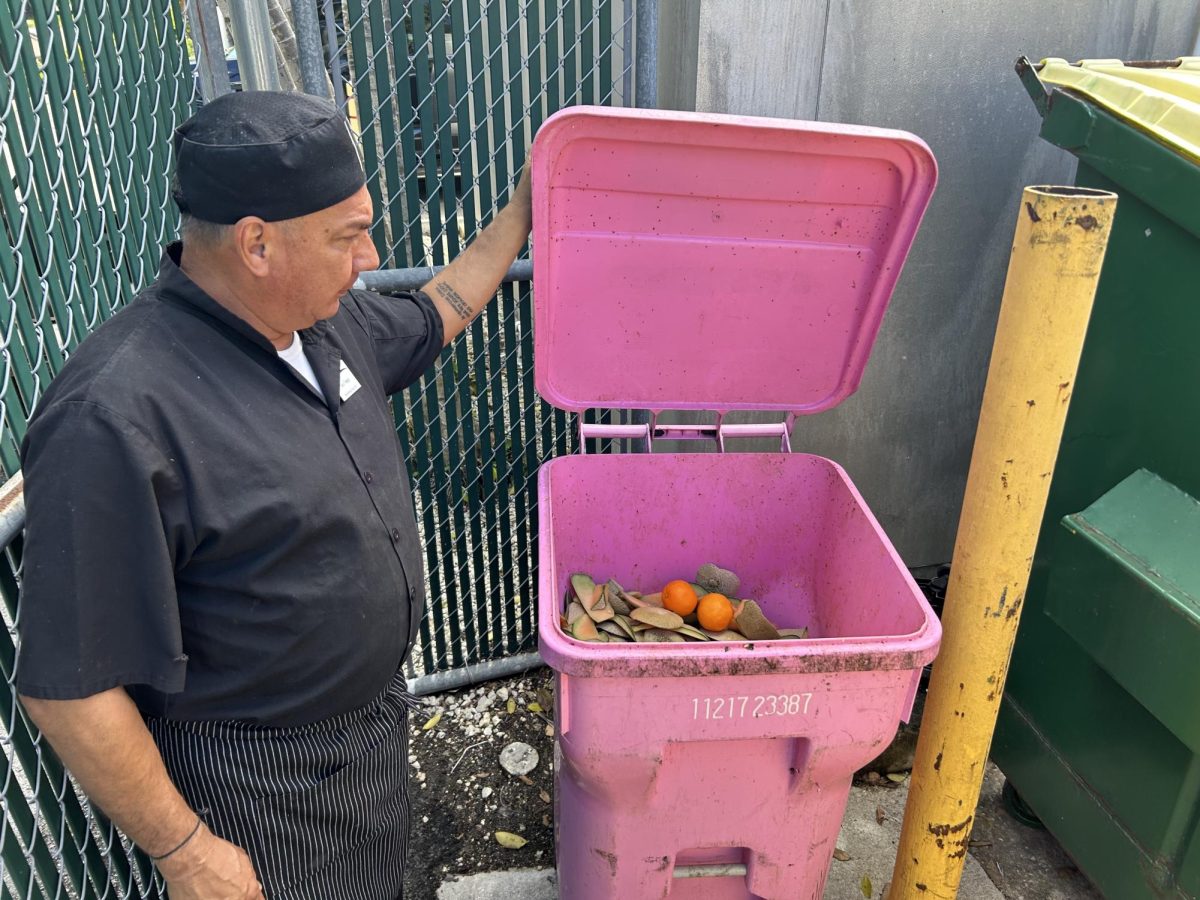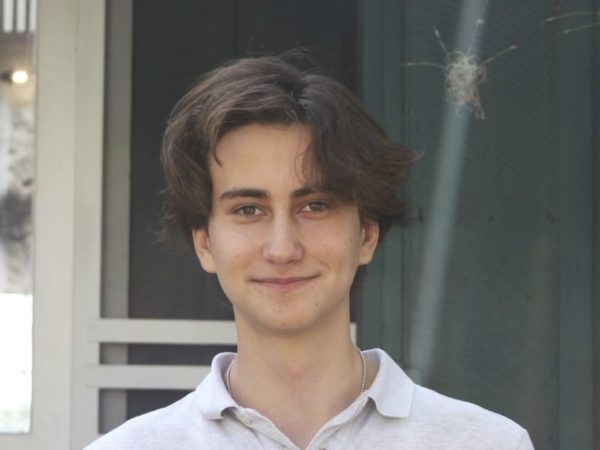Maybe you’ve seen this image before: Angsty high school students are crowded in a circle, their necks acutely angled downwards, eyes glued to screens open to PrizePicks, flooded with NBA player props and parlays. Grinning, some boast about the success of their recent bets. “I hit on Zach LaVine’s over 20.5 points last night. I’m up 12 bucks,” one says. Quieter individuals on the edge of the circle sulk in the funk of their recent losses.
In 2018, the Supreme Court struck down a federal ban on state-authorized sports betting, launching a multibillion-dollar industry overnight. From endless advertising to social media campaigns and in-game commentary, sports betting has become a ubiquitous cultural fixture. Sports betting participation is surging among young people, and much of this growth is not visible because so many bettors are underage. Companies profit from underage participants and can directly advertise to them unlike in many other countries. As lawmakers continue to ignore the issue of sports betting because of lobbying efforts, they expose the future of our nation to addiction and financial instability.
The 2018 Court didn’t legalize sports betting but instead transferred the power to regulate the industry to individual states. As betting companies lobbied aggressively to convince state legislatures to approve the industry, representatives like John Barker of Kansas enjoyed decadent liquors and South American cigars at lavish parties steps away from State Capitols.
The booze and cigars worked. Sports betting has been approved in 38 states since the Supreme Court’s ruling, and Americans have bet over $500 billion. Revenues for sportsbooks continue to grow over 20% per year, and the number of Americans that bet has hit an all-time high. Fueling this explosion in popularity are shady and unregulated advertising campaigns, helping perpetuate the future of gambling addiction in the U.S. These advertising campaigns are uniquely tailored to infect young people through incessant social media marketing, inundating users and leveraging the plasticity of the young mind to capture fresh streams of revenue.
Corporations know that there is no better way to get young people hooked on gambling than by coming to their campuses. Betting companies collaborate directly with public and private universities to incentivize these institutions to promote gambling to their students. In September 2020, the University of Colorado Boulder entered into a five-year, $1.6 million partnership with the sports betting company PointsBet.
The deal centered on a referral bonus: the university received $30 for each person who registered with PointsBet and placed a bet using a specific promo code. In a similar agreement, Michigan State University (MSU) entered a multi-year partnership with Caesars Sportsbook in 2022. Both these universities benefited from a growing number of young gamblers on their campuses.
Partnerships like these are getting young people hooked on gambling. An analysis by The Nower’s data group from New Jersey identified the fastest-growing group of sports gamblers between 21 and 24 years old. Yet studies like these only track growth in individuals who are legally allowed to bet. In reality, the popularity of sports betting is soaring among underage participants, and it’s going untracked.
According to an anonymous RE junior, “Many use their parent’s ID. Almost the majority of the guys in my circle have bet. I think digital casinos have made it wildly accessible for people who are underage to wager their money, and I think the fact kids have non-developed brains makes them more attached to [gambling].”
Another junior told me, “I use PrizePicks. My biggest win was $500 from a four-leg parlay. I was with my boys when we hit it…and it was exhilarating. I’d say a lot of my friends have tried [sports betting].”
I’ve watched friends light up after a $20 win and fall silent after a string of losses. What scares me isn’t just the money — it’s how normal this already feels. According to a teen gambling warning released by the Massachusetts State Government, “A teen’s brain, with an underdeveloped logic center, isn’t wired yet to weigh risks and make healthy choices.” The flood of dopamine from hitting a bet is a thrilling experience that makes it tempting for kids to return for more. Yet regulators do nothing to curb their exposure.
“I even see a ton of [gambling ads] on YouTube where creators have sponsorships with betting companies, even if they make content tailored for people who aren’t of betting age,” said Rudy Pages ’25. “It’s kind of crazy. And, after big games, I’ll see an ad on Instagram, and it’s like, ‘This guy hit a 20-leg parlay and made thousands.’ I think that makes people regret not putting a bet in.”
If the U.S. government outlaws advertising for substances like tobacco and opioids, why is it still allowed for gambling, a habit considered equally addictive by the World Health Organization? Measures to limit the expose of minors to gambling ads have already been implemented in other developed countries.
The UK bans gambling ads targeted at young audiences and restricts celebrity endorsements in betting promotions. Australia prohibits gambling ads during live sports broadcasts before 8:30 PM to minimize exposure to adolescent viewers, while Spain limits them to select hours. Italy, Poland, and Moldova enforces complete bans on gambling advertisements.
In contrast, in our country, betting odds plaster Jumbotrons, invade phone screens, and crawl across in-game coverage sponsored by DraftKings up to dozens of times per game. On individual feeds, social media campaigns launched by playbooks appeal directly to teens by leveraging celebrities to endorse betting.
“Especially on Instagram and TikTok, you see guys like Aiden Ross and Drake winning millions of dollars. I think that influences kids to follow in their steps,” said Reed Gershman ’26.
Not only that: in the U.S., state governments are subsidizing this glut of advertising. States like New York and Virginia allow betting companies to deduct promotional expenses from taxable revenue, reducing state tax income while taxpayers shoulder the financial burden. In 2023, betting companies in New York wrote off $180 million in advertisements — a cost ultimately passed onto the public.
Before Australia took significant measures to curb the exposure of sports betting ads on kids, a group sponsored by Harvard Medical School studied how the appearance of celebrities in Australian gambling ads influenced viewers aged 12-17. The group found that celebrity endorsements significantly improved the ad’s visual appeal and increased the perceived social acceptance of gambling while reducing the perceived behavior risks.
Unless sweeping regulations are enforced, our generation will be crippled by gambling addiction because of the recent proliferation of gambling in the online sphere. Gambling is a public health crisis lining the pockets of industry barons, and we have to fight back against the epidemic. American lawmakers must put down the cigars and stop taking orders from the companies bankrolling their campaigns. Targeted regulations work in other countries, and there is no excuse for our government to keep stalling. Until the U.S. government treats gambling with the same seriousness it applies to tobacco and opioids, it is failing us.




